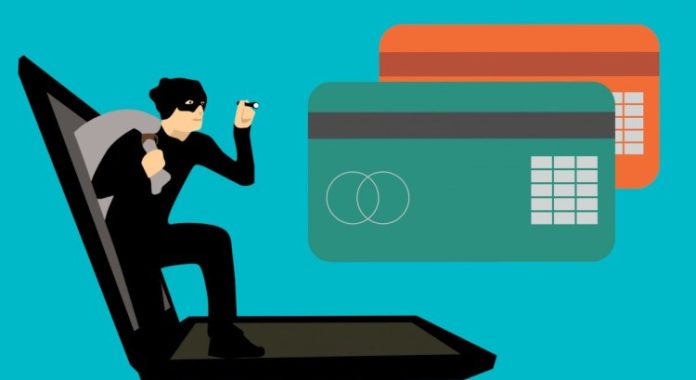
The great invention of the internet continues to ease our everyday habits, from staying in touch with other people, finding out the latest news, learning and working, to shopping. And although it’s pretty convenient to shop online, it also brings many unpleasant risks. Staying behind our laptops or phone screens while buying online, we sometimes only deceive ourselves that we’re in a private place and completely safe. With so many eCommerce stores online, it’s becoming hard to differentiate the real ones from all the scams. Unfortunately, what seems convenient to us also seems convenient to online stores; many of them have mastered the art of stealing valuable information from internet surfers worldwide. Therefore, it’s vital for internet users to fully understand the risks of buying on untrusted eCommerce platforms now more than ever. Here’s what you should be aware of:
- Phishing
Phishing is a term used to describe fraudsters who send scam emails, present themselves as a reputable company, and ask internet users to reveal their valuable information. They’re typically looking for a person’s name, address, credit card number, passwords, etc. It’s one of the biggest online concerns because once they steal your data, the frauds can either use it to steal your money or, even worse – your identity. Keep in mind that their presentation will most likely be outstanding, and sometimes you won’t be able to tell if you got an email from your favorite retailer or a scam version. Thankfully, companies are typically quick to find out when scams arise, and they make sure to inform all their clients about it. Still, you should avoid clicking on any links contained in the emails if you receive them.
- Malware
You probably remember a few of the most significant malware attacks that happened in the last few years. However, keep in mind that several malware attacks have happened since you started reading this article. Malware is essentially software designed to harm computers and other devices. Once again, it’s important to remember that online frauds are skilled to harm people; some may start with a phishing email with no links or attachments, and once they feel they’ve gained your trust, they can send you a link or an ad containing malware. Thankfully, online retailers always strive to be at the top of their security game and ensure that no one can get a hold of their client’s information.
- Fake online reviews
Online deceivers often use the fact that people tend to trust product reviews more than product descriptions. So they use fake reviews to attract user’s attention and trick them into buying a product that’s either substandard or completely fake. Thankfully, there are ways to recognize them; these reviews are typically too positive or lack detail. Therefore, if it seems too good to be true – you should know it probably is.
Final thoughts
Online fraudsters seem only to be getting better at deceiving and tricking us into revealing our valuable information to their untrusted source. Thankfully, most reputable online retailers also make sure to simultaneously upgrade their security systems and strategies to ensure their buyers’ safety. Nevertheless, to ensure your online safety, we strongly advise you to be aware of these few risks. For instance, you can bookmark your favorite retailers or an online marketplace and enter their website by clicking on it. That way, you won’t be tempted to click on a link in a potential phishing email and put yourself in an unpleasant situation. Another way to make sure you’re on a secure page is to take a look at the address bar and see whether you can find the HTTPS:// at the beginning of the URL. The HTTPS:// instead of an HTTP:// means that you should feel confident about leaving your information on that webpage.








